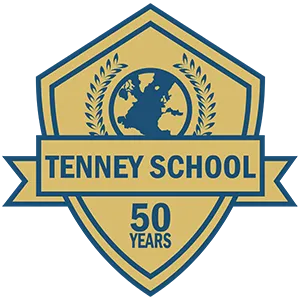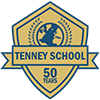Students have an innate desire to please their parents and teachers. This urge to please is an important element of the learning process. As infants we find that certain actions and reactions result in happy smiling faces on those around us. When we smile, our brains release substances that make us feel elated and happy; feelings that we find pleasurable and want repeated often. Those smiling faces make us smile and smiling stimulates our brain’s reward mechanisms. The same reward mechanism is triggered when students are praised by parent and teachers for success at school. So, from a very young age, we learn to associate pleasing others with feeling pleasure ourselves.
In the corporate world an employee’s direct supervisor or manager personifies the corporation to the employee. If the manager is negative, unenthused, or disconnected, the employee will view his job and workplace in a negative light. The same is true of the teacher/student relationship. If a teacher is focused, enthusiastic, and has a positive disposition, students will like learning and school.
Regardless of the size or condition of a classroom, the learning environment can be a healthy and happy one, if the teacher knows how to show students that he genuinely appreciates spending his day with them and is happy with his career choice.
Although a good teacher can positively influence her students, regardless of class size, smaller classes allow for more intimate and rewarding customized instruction. By giving children individual attention a teacher can help them find their own motivation. While initially a child will be motivated to please, eventually he will be motivated because he chooses to value what is being taught. Giving students individual encouragement, genuine praise and positive feedback determines the degree to which a student values the lessons offered. Individual instruction speeds the understanding of the details and mechanics of a subject; the way understanding the infrastructure of a city provides insight into what it takes for a city to prosper.
Individual attention aids in the natural intellectual growth of a student. The strategies needed to achieve goals beyond pleasing the teacher will be arrived at sooner with personal, positive teacher/student interactions.
Students aren’t the only ones who benefit from one-on-one interactions. A teacher who knows his students as individuals, can use knowledge of their interests to enrich lessons, by weaving those interests into lesson plans.
Student interests can be worked into vocabulary lists, math problems, and essay assignments, to name a few. A teacher can further motivate, and entice students to study by giving them choices. Having some say in what they are learning or how and when they will study, encourages responsibility for lesson completion, ownership, and pride in the end results.
Customization of lessons ensures a healthy, happy, learning environment, and can be used to connect students to their community and the world. The world they will eventually, live and work in. Examples of how this might be accomplished include:
- Writing letters to the editor of the local newspaper, school officials, public officials, other schools or classes, etc. Knowing that a real person will be assessing what they have to say leads to more thoughtfulness and attention to detail and form. Letter writing can also be used to learn about a variety of subjects, depending on the research involved, and the intended recipient.
Other ways of staying connected to the community and the world include:
- Public poster and essay contests. The internet abounds with contests on everything from Earth Day, to a variety of annual festivals and celebrations.
- Recycling is a good lesson for students, and donating the cash earned to various charities teaches the necessity to be stewards of the less fortunate, and the planet we live on.
- Planting a community vegetable garden can provide free produce and add dimension to science, geology, social studies, and economics classes.
- Free services like Amazon’s Kindle Direct Publishing, make it easy to self-publish e-books. Student’s stories or research papers take on greater importance with the prospect of publication. Money earned from the sale of e-books can be used for charity or community projects, and marketing published works to friends and family members offers further learning opportunities.
Through customized instruction, teachers can develop lessons that excite and engage students and create memorable learning experiences that will benefit students throughout their lives.
Please contact us. At The Tenney School, each child is an individual with unique aspirations and needs. We offer customized learning that will allow your child to reach their full potential in an inspired, vivacious learning environment.


